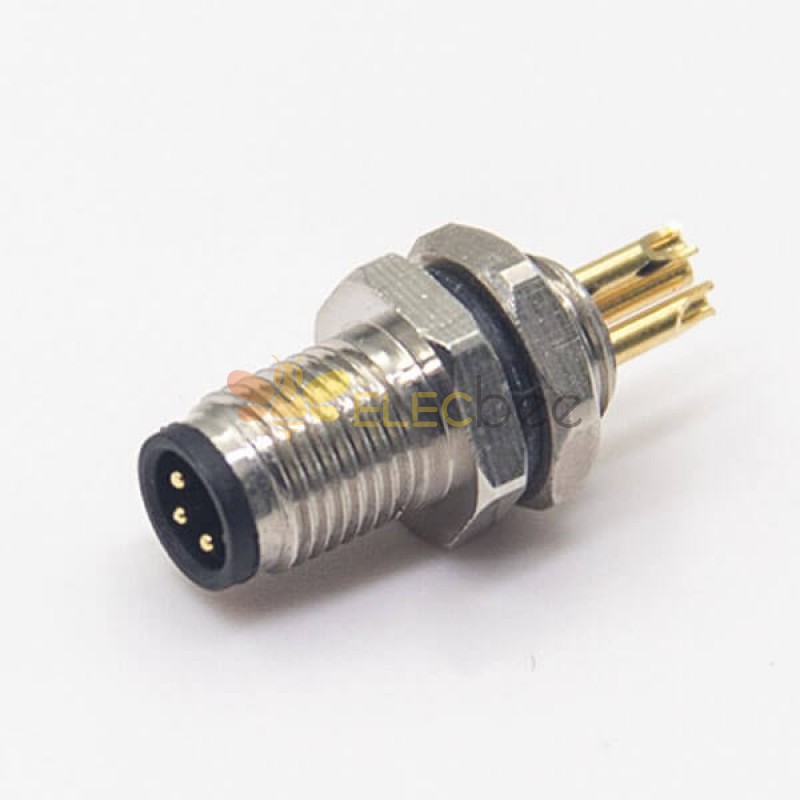M5 connectors are circular connectors commonly used in industrial and automation applications. These connectors are designed to provide a secure and reliable connection between two components. One of the key specifications to consider when choosing an M5 connector is its voltage rating.
The voltage rating of a connector refers to the maximum voltage that it can safely handle without breaking down or causing damage. In the case of M5 connectors, the voltage rating typically ranges from 24 to 60 volts. This makes them suitable for low voltage applications, such as sensors, actuators, and other control devices.
When choosing an M5 connector for a specific application, it is important to ensure that the voltage rating of the connector is adequate for the voltage of the circuit. A connector with a voltage rating that is too low may not be able to handle the voltage and current demands of the application, leading to issues such as circuit breakdowns and equipment damage.
There are different types of M5 connector with varying voltage ratings, so it is important to carefully review the specifications of each type before making a selection. For example, some M5 connectors are rated for use with 24 volts, while others are rated for use with 60 volts.
It is also important to note that the voltage rating of an M5 connector can be affected by other factors, such as temperature and humidity. In some cases, it may be necessary to derate the voltage rating of a connector based on these environmental conditions.
In conclusion, the voltage rating of an M5 connector is an important specification to consider when choosing a connector for a specific application. By selecting a connector with an appropriate voltage rating, you can ensure that your circuit is safe and reliable, and that your equipment is protected against damage.
